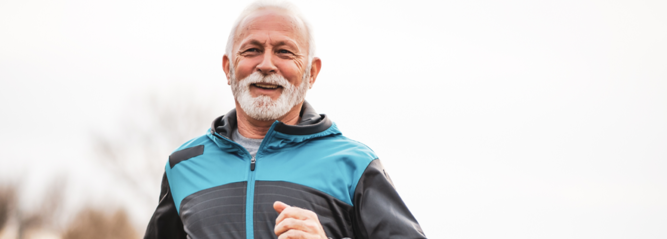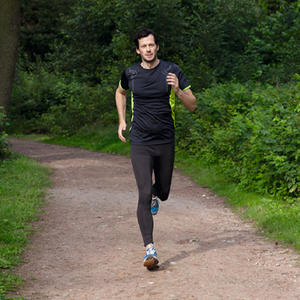Considerations
Before starting any activity program, you can talk to your healthcare team about what types and amounts of exercise1 are right for you. In addition, you'll want to discuss special considerations1 such as:
- How often you should check your blood sugar while exercising
- If/when you should have a snack, before or after exercising
- How to know if/when you should stop exercising
-
When to call the doctor.
After reading this article, we hope you now feel more prepared and motivated to exercise and find activities that you enjoy. Remember, a small amount of exercise is a good start, and if you have fun doing it, you are more likely to stick with it!
Sources:
1. Diabetes Diet, Eating, & Physical Activity. National Institute of Diabetes and Digestive and Kidney Diseases [Internet]. 2016 Nov 22 [cited 2023 March 29]. Bethesda, MD. Available from www.niddk.nih.gov/health-information/diabetes/overview/diet-eating-physical-activity.
2. Diabetes & Exercise, Diabetes UK [Internet] [cited 2023 March 29]. Available from www.diabetes.org.uk/guide-to-diabetes/managing-your-diabetes/exercise.
This is general information and does not constitute medical advice and should not be relied upon as such. Please always speak to your healthcare professional about what may constitute a diabetes emergency for you.
This content is provided for general information only. It is not intended to amount to advice on which you should rely – you must obtain professional or specialist advice from your healthcare professional before taking, or refraining from, any action on the basis of the content. Although we make reasonable efforts to ensure that the content is up to date, Roche makes no representations, warranties or guarantees, whether expressed or implied, that the content is accurate, complete, up-to-date or that it should be relied upon.

